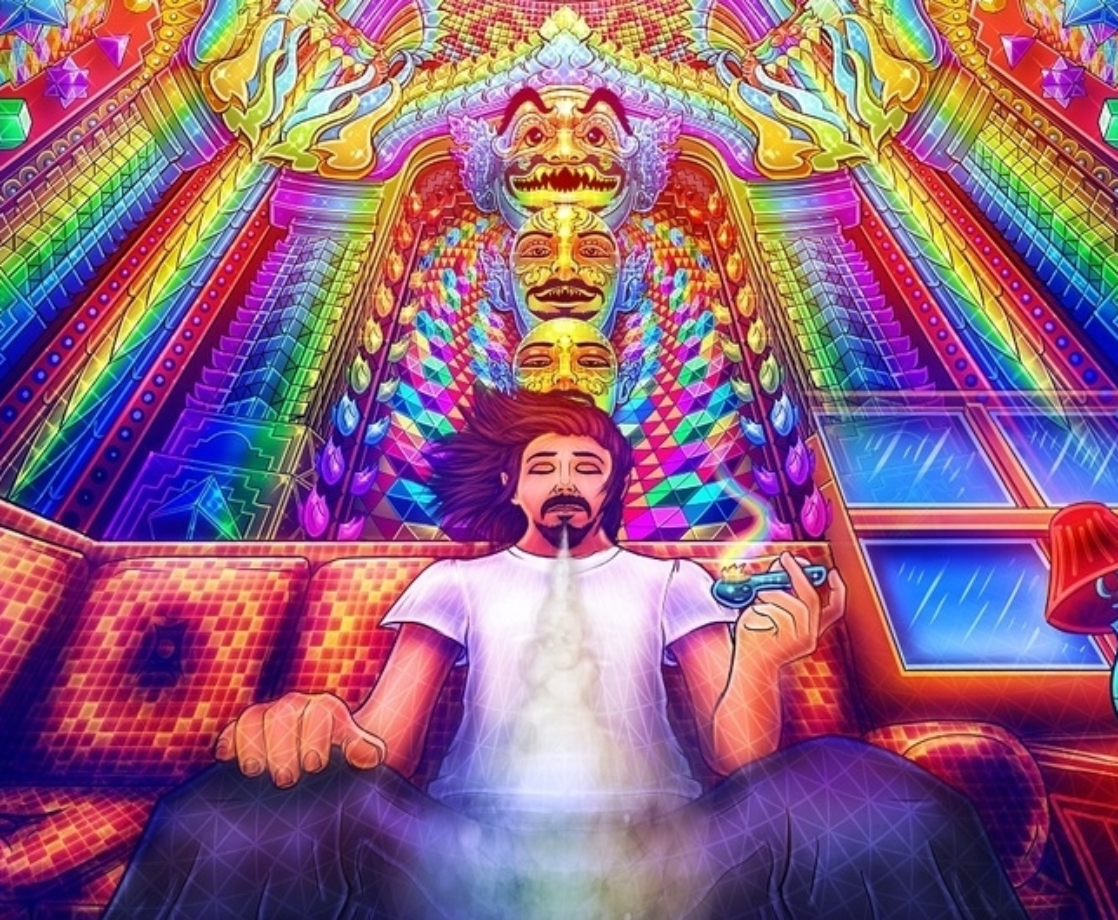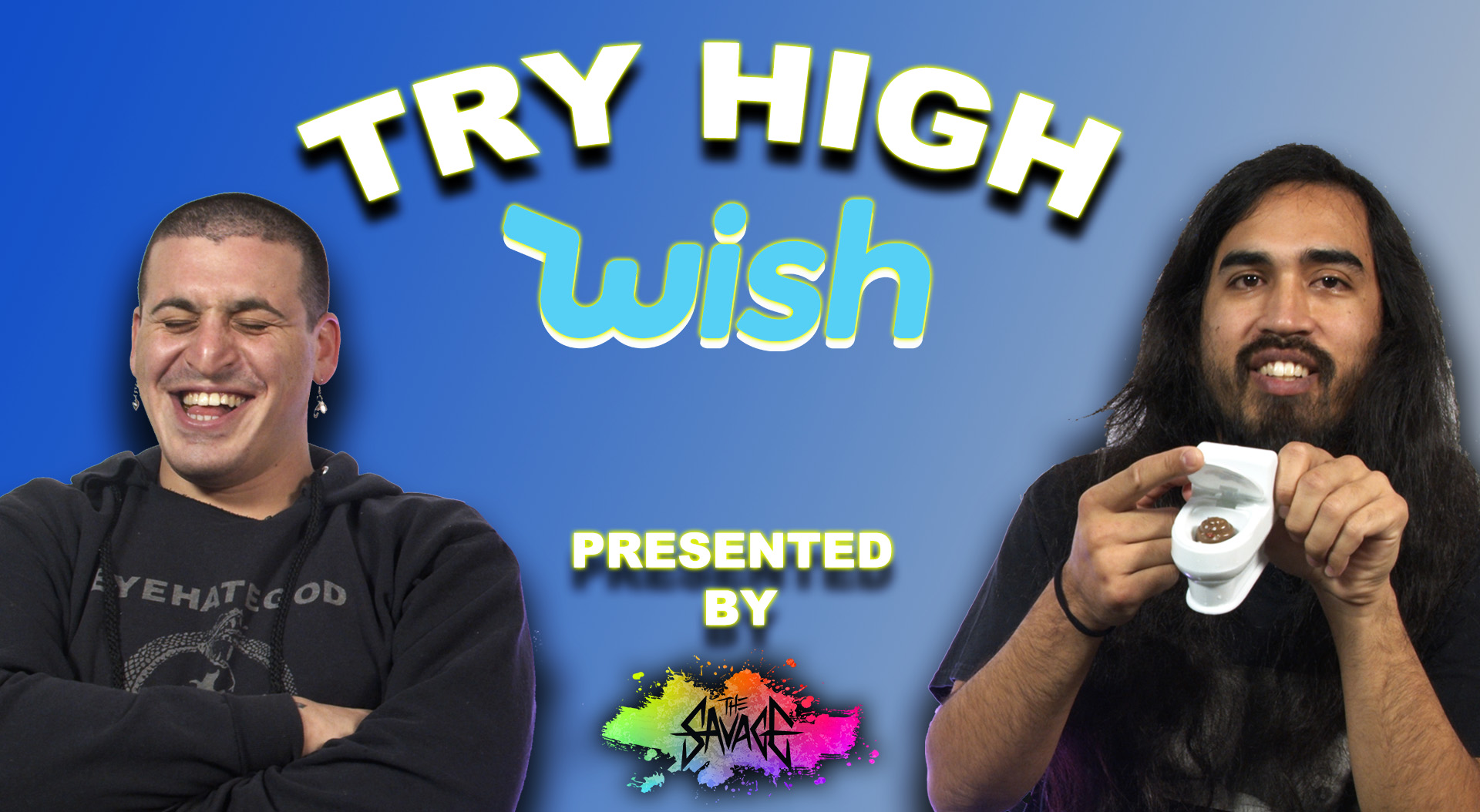Of all the hallucinogenic substances known to humankind, DMT is surely one of the strangest. The trip induced by this drug, also known as the “spirit molecule,” which often lasts between 15 to 30 minutes, can include brilliant, overwhelming visual hallucinations. Many DMT users also report encountering and communicating with strange intelligent entities, often described as “light beings” or “machine elves,” during the trip.
Scientists don’t really know why DMT users are far more likely to report encounters with mysterious entities than users of other hallucinogens, but a new study recently published in the Journal of Psychopharmacology may shed some light on this phenomenon.
Researchers from the Johns Hopkins Center for Psychedelic and Consciousness Research partnered with researchers from three other universities to conduct an online survey about DMT-induced entity encounter experiences. Over 10,000 subjects were recruited via online advertisements between February and December of 2018. After ruling out individuals who did not meet the criteria for the study, including those with diagnosed psychiatric disorders, researchers arrived at a pool of 2,561 subjects.
Subjects were asked to relate their most memorable encounter with an entity after smoking or vaporizing DMT. In addition to describing the experience, subjects were asked to complete a survey based on a standard questionnaire used to assess religious or near-death experiences. These questions asked participants to describe the entity they encountered and whether the experience changed the course of their lives.
Most subjects said the encounter was initiated by the entity, and most participants also said that they were not specifically hoping to encounter an entity while using DMT. Nearly every participant (99 percent) said they had an emotional response to the entity, and 58 percent said the entity had an emotional response to them. Nearly two-thirds of the subjects said the encounter seemed more real than everyday life, and 80 percent said they were able to communicate with the entity.
The participants’ descriptions of their experiences are remarkably similar to near-death experiences, alien abduction and UFO encounter experiences, or religious encounters experienced by non-drug users. Much like these non-drug encounters, DMT users tend to describe these entities in non-specific terms, like “being,” “guide,” “spirit,” “alien,” or “helper.” Other similarities between the two types of encounters include people communicating with these entities telepathically or visually.
For most participants, these experiences were positive and even life-changing. Just over half of all respondents said their encounter was one of the top five most meaningful, spiritually significant, and psychologically insightful moments in their entire lives. Many respondents also reported positive changes in subjective well-being and life satisfaction that endured long beyond the experience. Over two-thirds (69 percent) of subjects said the entities gave them a message, task, or unique insight, and 20 percent said the entity gave them a prediction of the future.
Prior to the experience, 55 percent of the respondents identified themselves as atheists, but following the encounter, only 26 percent said they were still atheists. Belief in an ultimate reality, higher power, God, or other divinity increased from 36 percent before the experience to 58 percent after. Three-quarters of subjects said they believed that the entity they encountered genuinely exists, and 72 percent said they are certain that the entity still exists after the experience.
Not every experience was positive, though. About a third of all participants reported that the experience was one of the top five most psychologically challenging happenings of their lives. Some participants (41 percent) reported feeling fear during the experience, and another 19 percent said they distrusted the entity. Still, in each of these cases, subjects reported that the predominant feeling of the experience was still positive.
Compared to other hallucinogens like psilocybin and LSD, substantial research on DMT does not exist yet. That said, the minimal research on DMT shows that it can decrease depression and make people more accepting. Other studies have even linked life-changing psychedelic experiences to long-term improvements in mental health.
“As such, it is possible that, under appropriate supportive set and setting conditions, DMT could show promise as an adjunct to therapy for people with mood and behavioral problems (e.g. depression and addiction),” the study authors concluded.
“However, regardless of whether or not DMT will be shown to have therapeutic efficacy, future double-blind human laboratory studies investigating dose-effects and correlated brain activity may provide a unique window into the psychological and biological nature of such anomalous subjective experiences of encounters with nonhuman entities that date back to the beginnings of recorded human history.”











